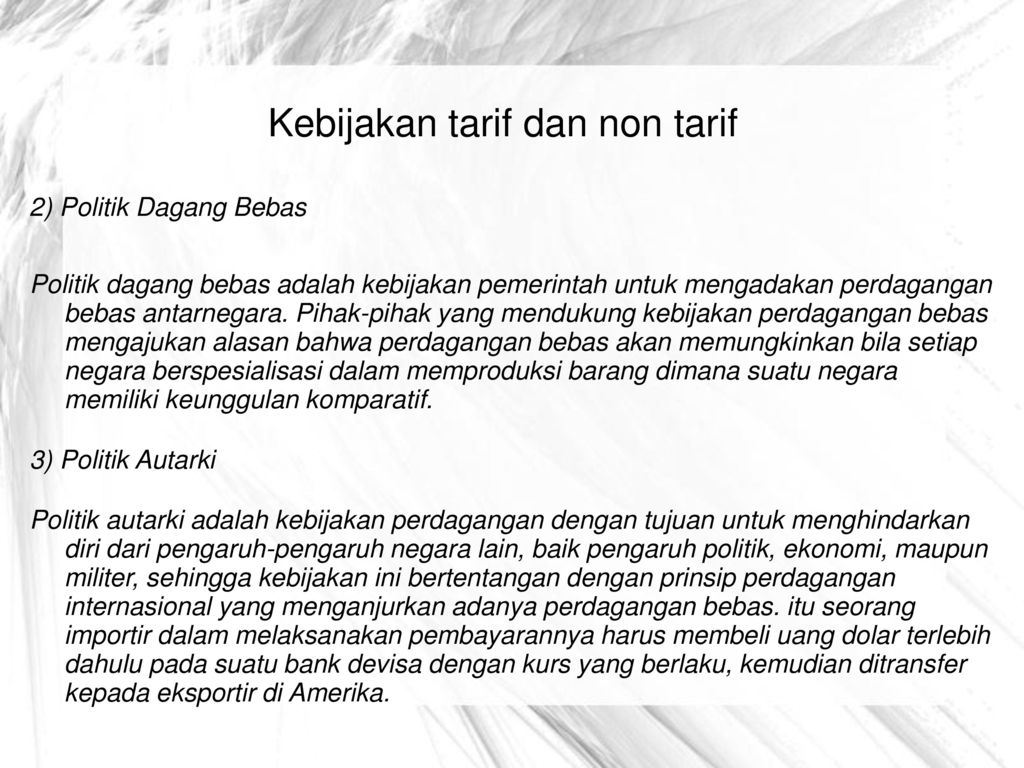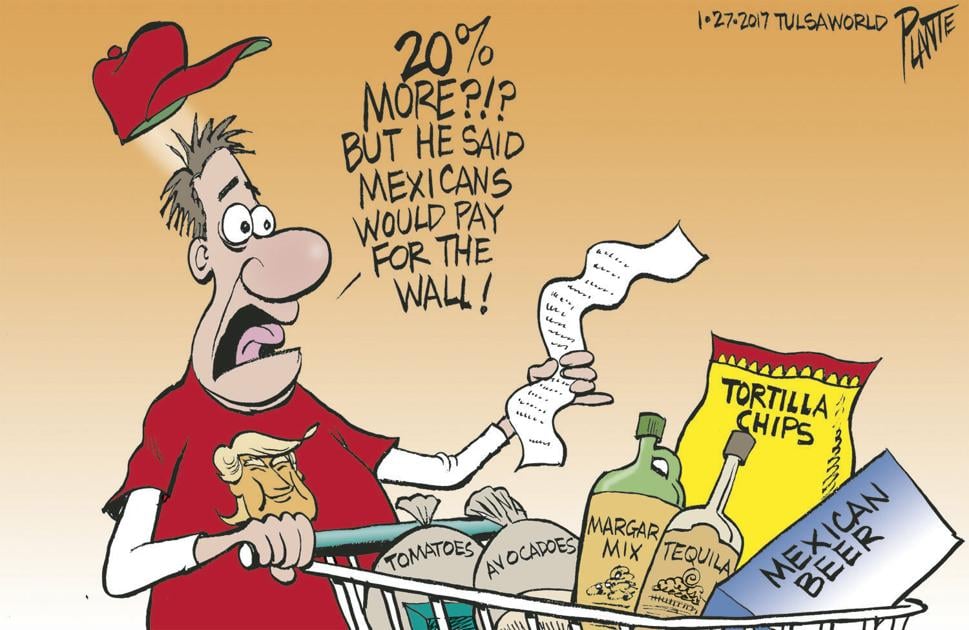Trump Administration Puts Trade War with China on Hold: A Temporary Reprieve or a Permanent Solution?
Table of Contents
- Trump’s New Tariff ‘Pause’ - WSJ
- Tariff pause eases business fears—but is a trade war still coming?
- Asia-Pacific markets set to climb as region awaits slew of economic ...
- 「アメリカ湾」訴訟の可能性も、メキシコ大統領がグーグルに抗議 - Bloomberg
- Trump prometió modernizar los sistemas de control aéreo de EEUU
- Kebijakan Perdagangan Proteksionis Ditujukan Untuk
- Peraturan Terbaru Tarif Efektif PPh Pasal 21 Pegawai Dan Pensiun
- Tarif Efektif PPh Pasal 21 Berlaku Mulai Masa Pajak Januari 2024 ...
- Donald Trump's Tariff Threat Could Devastate Texas - Newsweek
- Bruce Plante Cartoon: Trump and the 20% tariff | Cartoons | theeagle.com


The trade war, which began in 2018, has resulted in the imposition of tariffs on hundreds of billions of dollars' worth of goods traded between the two countries. The tariffs have had a significant impact on the global economy, with many businesses and industries feeling the pinch. The decision to pause the trade war is expected to provide some relief to these businesses and help to boost economic growth.


What Led to the Pause in the Trade War?


Additionally, the coronavirus outbreak in China has also played a role in the decision to pause the trade war. The outbreak has had a significant impact on the Chinese economy, and the US may be looking to provide some support to its trading partner during this difficult time.


What Does the Pause in the Trade War Mean for Businesses?


However, it's worth noting that the pause in the trade war is not a permanent solution. The underlying issues that led to the trade war in the first place, such as concerns over intellectual property theft and trade imbalances, still need to be addressed. Businesses will need to continue to monitor the situation closely and plan for any potential future disruptions to trade.
The decision by the Trump administration to pause the trade war with China is a welcome development, but it's not a guarantee of a permanent solution. The underlying issues that led to the trade war still need to be addressed, and businesses will need to remain vigilant. However, for now, the pause in the trade war provides a temporary reprieve and a chance for the two nations to work towards a more permanent solution.As the situation continues to evolve, it's essential to stay up-to-date with the latest developments and to plan for any potential future disruptions to trade. With the right strategy and planning, businesses can navigate the complexities of the US-China trade relationship and take advantage of the opportunities that arise from a more stable and predictable trade environment.
For more information on the US-China trade war and its impact on businesses, visit the POLITICO website. Stay informed and stay ahead of the curve with the latest news and analysis on the trade war and its implications for the global economy.